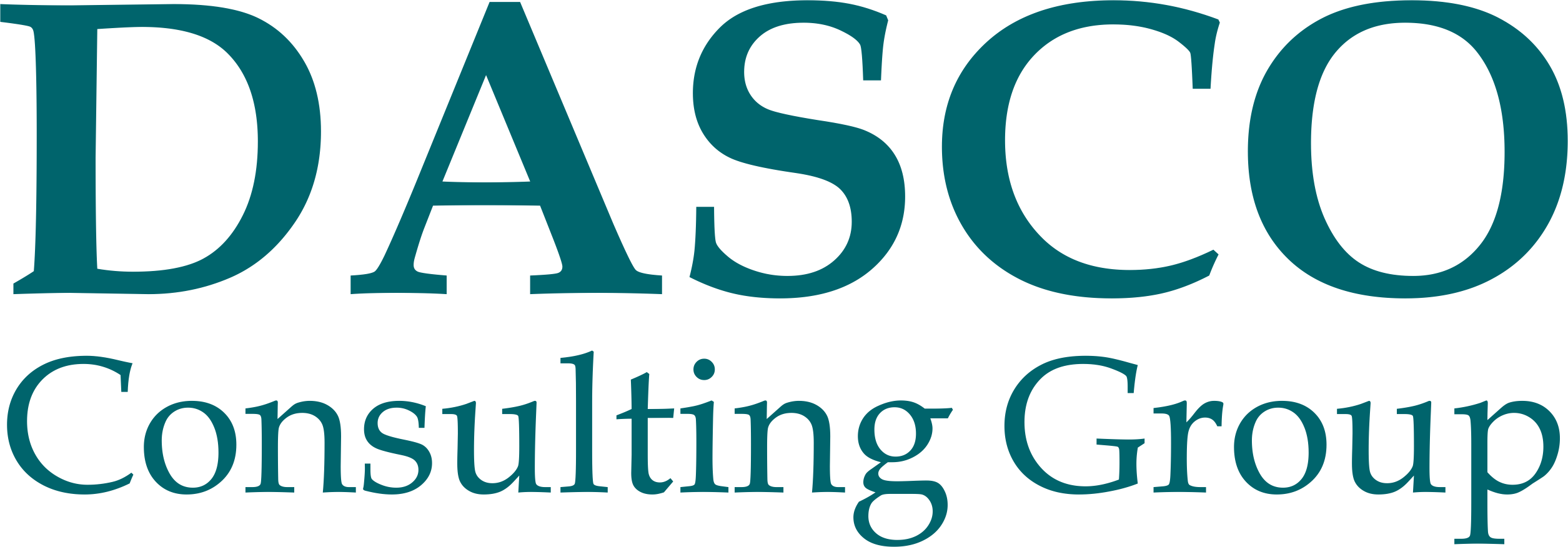Today at the meeting with the government, President Kassym-Jomart Tokayev focused on a number of key issues. Among them, he mentioned the systemic failure in health care, as a result of which we are facing an increase in mortality from pneumonia and COVID-19, as well as a shortage of medical personnel, medicines and hospital beds. This situation was especially worsened in regions where medicine had been left without proper development for many years.
What would you like to point out in light of the last discussion?
Firstly, a very serious message was given about the principle of accountability for results, which leads to tough personnel decisions. This is an important point, because the failures we are seeing in the system of state administration have, unfortunately, crossed all possible levels of anxiety. The “corona” crisis has not only created new challenges, but also exposed long-lasting problems. One of them is the serious underinvestment in the health care system. This is a separate topic for discussion, and we will return to it.
Secondly, many of the failures were the result of a highly bureaucratic management hierarchy. The information that a humanitarian medical shipment from Qatar (masks and protective suits) was being processed for 50 days in SK-Pharmacia warehouses is direct evidence that there are very serious problems in the settings of the current decision-making system. Therefore, the president's call to mobilize as quickly as possible resonated with the public and experts.
Thirdly, if we talk about the situation in the world, in principle, coronavirus has already stopped causing horror and panic, and mortality rates are decreasing, as doctors have gradually learned how to deal with the most dangerous symptoms. Nevertheless, in Kazakhstan, these steps have yet to be taken.
Fourthly, we understand that the quarantine situation affects the economy of our country. And already now it is necessary to actively prepare for a restructuring of the economic course - certain messages have been made by the country's leadership. Nevertheless, the question is always, "What exactly are we going to do?"
In search of answers to this question various international experts and consultants in Kazakhstan became active. Of course, their opinion is very important, and here we can appreciate, for example, yesterday's speech of the Russian economist Sergey Guriev at Zoom-conference on the ways to restore the Kazakhstani economy. Some of his advice may be very valuable - I have no doubt that the relevant structures will consider it from a practical point of view.
At the same time, we understand that even the most successful foreign doctrine requires a local doctor. No matter how good advice from an international specialist may be, a Kazakhstani doctor has to deal with each specific patient. That is, the effectiveness of any treatment will still depend on local staff and local approaches.
It's the same with economics. Despite any valuable recommendations of foreign scientists, our top-managers, officials and experts will have to save domestic economy, and here everything will be limited by quality of Kazakhstani managers.
The fact that the message about the need for such an approach and the effectiveness of local staff was made at the level of the president and the government is a serious signal about the plans for the future restructuring of the entire Kazakhstani system of government.


